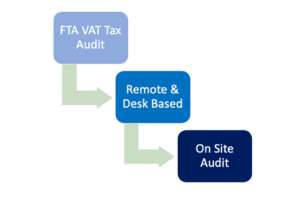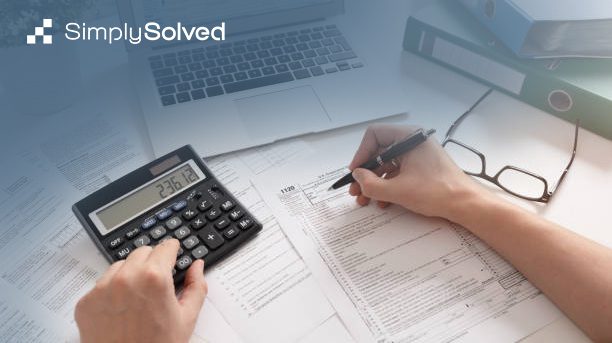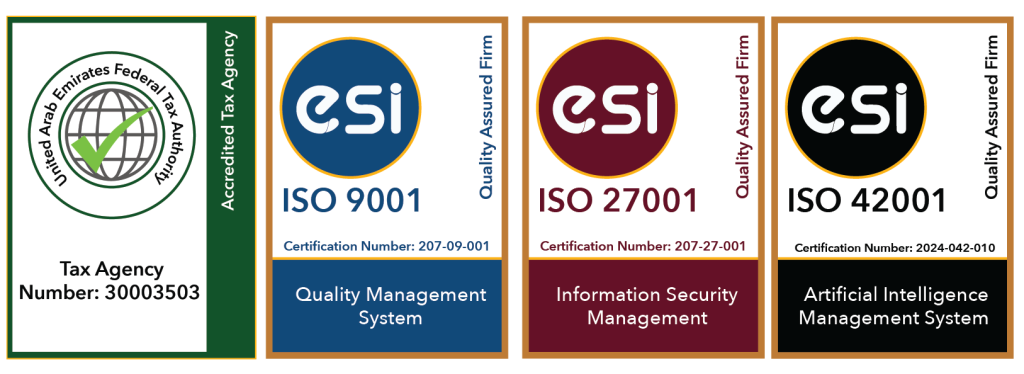Under the Cabinet Decision No. (36) of 2017 on the Executive Regulation of Federal Law No. (7) of 2017 on Tax Procedures and Federal Decree Law No. 18 of 2022 (Amended Decree Law) amending Federal Decree Law No. 8 of 2017 (Decree Law) effective from January 1st, 2023, VAT returns form a legally binding statement of your tax liabilities as a self-declared assessment.
This means the preparation and accuracy is the responsibility of the taxable person and is subject to UAE FTA VAT audits to verify the accuracy of tax liabilities and compliance to the prevailing legislation.
Following the introduction of VAT in 2018, the 5-year statute of limitation results in any VAT declarations being no longer subject to any FTA VAT audits. Therefore 2023 represents the final year the FTA can trigger audits or invoke provisions under the Amended Decree Law. However, under Article 79 of the Amended Decree Law for Statute of Limitations, grants the FTA an additional four years to undertake an audit providing that it has issued a notice for audit or assessment before the expiration of the general statute of limitations of five years.
As a result, the FTA is likely to increase its focus on audits. In our series of articles, we discuss the key questions surrounding an FTA VAT audits.
What Is An Tax Audit?
Under the Organisation for Economic Co-operation and Development (OECD) guidelines, an audit is defined as:
“Examination of whether the taxpayer has correctly assessed and reported their tax liability and fulfilled other obligations.”
The UAE VAT system operates under a self-assessment basis and therefore audits are considered essential to promote voluntary compliance. They seek to:
- Identify non-compliance to the Legislation
- Gather intelligence on the state of the tax system.
- Gather supply chain information (an audit on any business could trigger an audit on another business)
- Educate businesses and assist on implementation of the law and identify areas that require may require clarification
Your business may have filed VAT returns and in some cases received refunds without any audit procedure.
This does not necessarily mean the FTA has accepted any non-audited business as compliant. They reserve the right to audit any business for up to 5 years, hence it should be your responsibility to remain compliant and proactive to any changes to the Legislation.
Conducting audits are a time-consuming procedure and the approach is designed to maximise the accurate provision of information to allow the FTA to perform audits at scale. The tax authority will require access to accounting records, documentation and personnel to conduct their audit.
When & What Triggers An FTA VAT Audits?
An audit can be triggered by a variety of factors and may not be solely determined by the size of the business. The timing for any audit cannot be predicted, nevertheless, several criteria most likely lead to an audit:
| Criteria | What Factors Increase Risks? |
| System Generated | The FTA system can flag for a range of exceptions and anomalies. This could be based on: – Payment position and owed taxes – Comparison to peers in your sector – Variations across your returns |
| Type Of Business | Examples include: Cash based businesses Businesses subject to customs and duty processes Businesses subject to refund claims such as exporters, healthcare and education |
| Supply Chain | If a customer or supplier has been subject to an audit |
| Size of Business | Volume of business and scale of operations |
| Public Referrals | A notification to the FTA by the public |
What are the Legislative Powers?
The Legislation grants the FTA wide-ranging powers to ensure compliance is met. These powers (set out across six documents issued under the VAT Legislation) grant the FTA powers to compel businesses to full disclosure and also subject penalties for non-compliance. In terms of the specific audit procedures, the law grants:
| Legislation Reference | Authority Granted |
| Federal Decree-Law No. (13) of 2016 On the Establishment of the Federal Tax Authority | Inspect taxpayers’ records and documents Review tax returns and reports submitted to the FTA, audit them, decide on approving or amending the same, or request for additional information or documents Demand access to any information or data available with any third party who may possess information about a person being subjected to a tax audit which may be necessary for the tax audit process Demand from any person having dealings with a person subject to a tax audit to provide information about such transactions |
| Cabinet Decision No. (36) of 2017 on the Executive Regulation of Federal Law No. (7) of 2017 on Tax Procedures | Accounting records and commercial books including Accounting books, which include records of payments and receipts, purchases and sales, revenues and expenditures, and any business, and any matters as required under any tax law or any other applicable law, including: Balance sheet and profit and loss accounts Records of wages and salaries Records of fixed assets Inventory records and statements (including quantities and values) and the end of any tax period, and all records of stock-counts related to inventory statements The FTA may require any other information in order to confirm through an audit trail the person’s tax obligation including any liability to register for tax purposes |
| Federal Decree Law No. 18 of 2022 (Amended Decree Law) amending Federal Decree Law No. 8 of 2017 (Decree Law) effective from January 1st, 2023 | Under Article 79 of the Amended Decree Law for Statute of Limitations, grants the FTA an additional four years to undertake an audit providing that it has issued a notice for audit or assessment before the expiration of the general statute of limitations of five years. |
What Are The Audit Procedures?
It is likely the FTA will conduct audits in the following manner to enable scale and efficiency. At each stage the penalty assessments increase for any disclosures affecting underpaid taxes or noncompliance.
Initially, the emphasis may be on remote, desk-based audits where system data and documentation provide is the primary assessment model.
If this is considered unsatisfactory, an onsite audit may occur which will require further preparation. In summarising the procedural aspects, the below table provides further clarity:

| Requirement | Impact | |
| Notice of Audit | Respond within specified time to FTA 5 days’ notice of onsite audit | Voluntary disclosure penalty increases to 30% |
| Remote Audit | Provide ledger data and documents which may include Invoices/credit notes Accounts VAT return calculations System generated FTA VAT Audits File or equivalent | Follow up questions to be responded to in specified timescalePenalty for voluntary disclosure submitted increases to 50% |
| On Site Audit | The FTA will expect full cooperation to facilitate and assist the audit and would inspect documents, assets and premises | They can enforce removal of documents and asset if required and require open access to people to interview |
Sufficient depth in documentation, completeness of transactional data, clarity and responsiveness will be essential to satisfy audit procedures. Therefore, preparation in providing a complete and timely response is essential.
What Could Result From An FTA VAT Audits?
An audit could lead to several outcomes subject to the satisfaction of the FTA on the completeness and accuracy of the audit response. This can range from:
– Assessment and penalties for non-compliance and underpaid taxes
– Further procedures and penalties if additional issues are identified
Accounting & Tax Services
As an approved FTA Tax Agency, SimplySolved supports businesses under advisory or complete outsource basis to optimise, manage and discharge tax obligation in the UAE. Our experts possess in-depth knowledge of the UAE tax regulations and can guide you through the intricacies of the UAE Corporate Tax Law.
By leveraging our expertise, you can streamline the process, saving time and minimizing the risk of errors. This proactive approach ensures that your Tax matter are handled efficiently, allowing you to focus on your core business activities.
Simply Solved is an ISO 9001 & 27001 certified company and a registered FTA Tax Agency. Our team of experienced consultants and tax agents provides high-quality, cost-effective services for all Tax matters for companies of all sizes.





